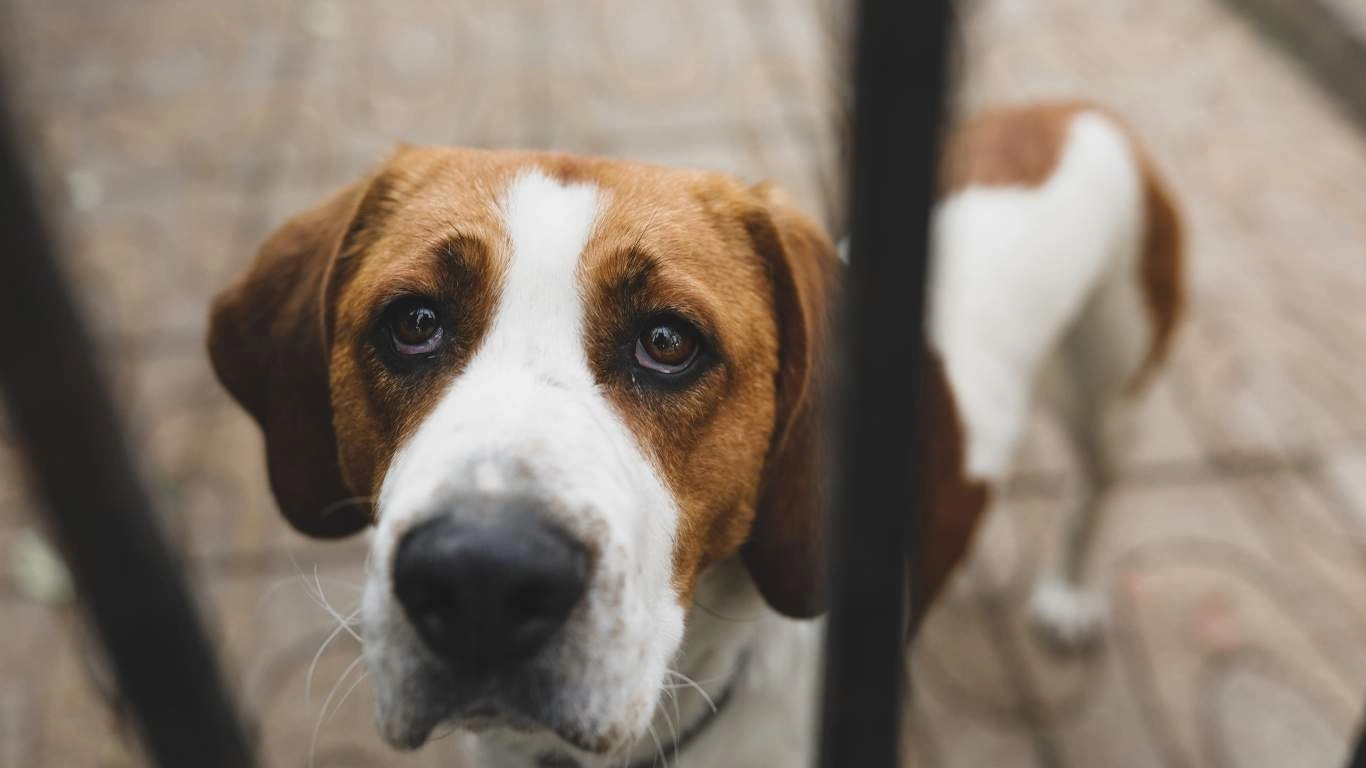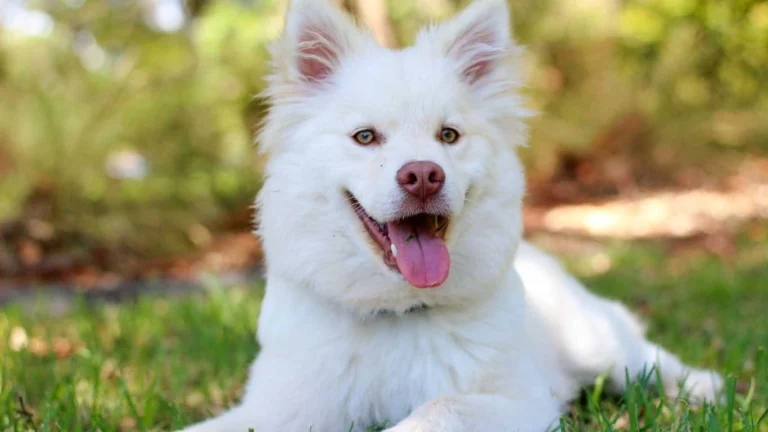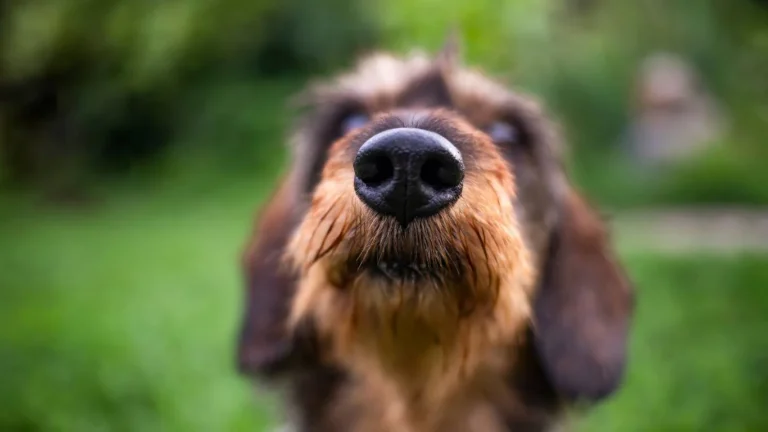Is Plain Popcorn Safe or Risky for Dogs to Eat?
Popcorn is a favorite snack for many people, especially during movie nights. But if you’re a dog owner, you might wonder: can dogs eat plain popcorn? It’s a good question, and the answer depends on how the popcorn is prepared and how much your dog eats. Let’s explore what vets and pet nutrition experts say about this crunchy treat.
Understanding Popcorn and Your Dog’s Digestive System
Dogs have different digestive systems than humans. While we can eat a variety of foods without issues, dogs are more sensitive to certain ingredients. Popcorn is made from corn, which is technically safe for dogs in small amounts. However, how it’s cooked and what’s added to it can make a big difference.
Your dog’s stomach breaks down food with the help of stomach acid and digestive enzymes. While dogs can digest some carbohydrates, they’re mainly built to eat meat. Foods like corn are okay occasionally, but they don’t offer much nutritional value to your dog.
How Popcorn Affects Dogs
Plain, air-popped popcorn without any butter, salt, or seasoning is generally safe for dogs in small amounts. It’s low in calories and fat, and it contains small amounts of fiber, magnesium, and zinc. These aren’t harmful, and your dog may even enjoy the crunchy texture.
However, problems start when popcorn is flavored or cooked in oil or butter. These extras can upset your dog’s stomach and lead to more serious issues like pancreatitis—a condition where the pancreas becomes inflamed due to high-fat foods.
Also, unpopped or partially popped kernels can be hard for dogs to chew and may cause choking, especially in smaller breeds.
Potential Risks of Feeding Dogs Popcorn
- Choking hazard: Hard, unpopped kernels can get stuck in your dog’s throat or teeth.
- Stomach upset: Butter, oil, and salt can irritate your dog’s digestive system.
- Weight gain: Regularly feeding high-fat treats like buttered popcorn can lead to obesity.
- Pancreatitis: Fatty foods can trigger inflammation of the pancreas, a painful and serious condition.
- Allergic reaction: Although rare, some dogs may be sensitive to corn or food additives.
While a few plain kernels won’t usually hurt, it’s important to be cautious. If your dog starts acting differently after eating popcorn—like vomiting, having diarrhea, or showing signs of discomfort—it’s best to talk to your vet.
Signs Your Dog Didn’t Tolerate Popcorn Well
If your dog has a bad reaction to popcorn, you may notice:
- Vomiting or gagging
- Loose stools or diarrhea
- Lack of appetite
- Excessive gas or bloating
- Lethargy (acting tired or not interested in playing)
Most of these symptoms will pass on their own if your dog only ate a small amount. But if they continue for more than a day or get worse, call your veterinarian.
When to Call the Vet
You should reach out to your vet if your dog:
- Shows signs of choking or difficulty breathing after eating popcorn
- Vomits repeatedly or has severe diarrhea
- Becomes very tired or weak
- Has a swollen belly or seems to be in pain
- Has a known sensitivity to corn or similar grains
These signs could point to a more serious issue that needs medical attention. It’s always better to be cautious, especially if your dog is small, older, or has a history of digestive problems.
If you want to let your dog enjoy a few bites during movie night, keep these safety tips in mind:
- Only offer plain, air-popped popcorn with no salt, butter, or oil.
- Make sure all kernels are fully popped—no hard pieces.
- Give only a few pieces as a treat, not a meal.
- Use popcorn as a rare snack, not a regular habit.
You can even use a few pieces of plain popcorn as a training reward, just like you would with small treats. Just remember, moderation is key.
Healthier Alternatives to Popcorn
If you’re looking for other snacks that are safe and even more nutritious for your dog, consider:
- Carrot sticks (great for crunch and low in calories)
- Apple slices (remove the seeds and core)
- Green beans (steamed or raw)
- Blueberries (high in antioxidants)
- Plain cooked chicken breast (no seasoning)
These options offer more health benefits and less risk than popcorn. Your dog will still enjoy the crunch and flavor, without the extras that can lead to trouble.
The Bottom Line
So, can dogs eat plain popcorn? Yes—if it’s plain, air-popped, and given in small amounts. Skip the butter, salt, and oil, and watch for any signs of stomach upset. While popcorn isn’t the most nutritious treat for dogs, it’s not harmful in moderation.
Always keep an eye on your dog when introducing any new food. If you’re unsure whether popcorn is right for your pet, your vet is the best person to ask. They’ll know your dog’s health history and can offer personalized advice.
Sharing snacks can be fun, but your dog’s health and safety should come first. When in doubt, reach for a dog-safe treat instead—and enjoy your movie night together!






